Timothy B. Schmit (Eagles, Poco)
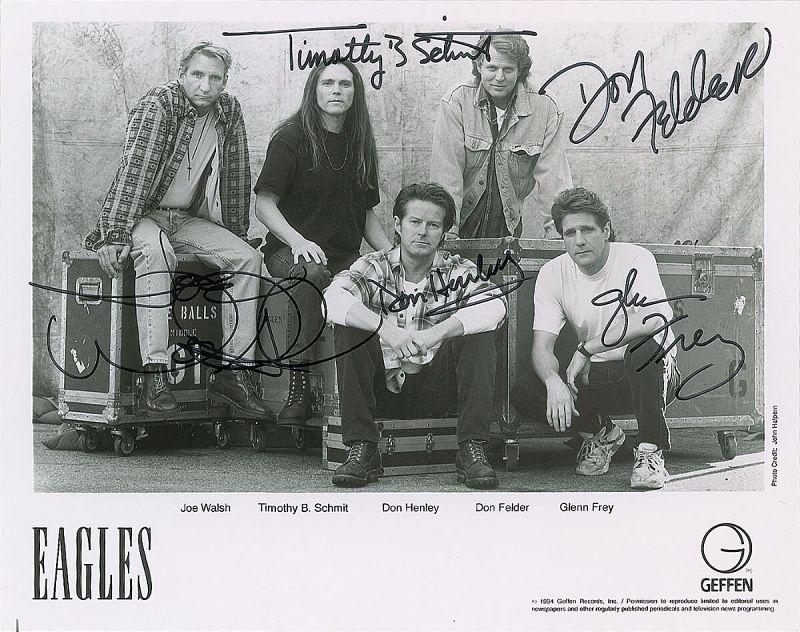
Among the seminal ensembles which crafted Americana is the oft neglected Poco, initially formed from the ashes of the mighty Buffalo Springfield by Jim Messina, Richie Fury, and Rusty Young. With bassist, singer-songwriter, producer Timothy Bruce Schmit, who succeeded founding bassist Randy Meisner in this band and later, The Eagles – early Poco rocked rather adventurously as evidenced by the fusion-like extended instrumental “Nobody’s Fool/El Tonto de Nadie, Regresa” from their 1969 self-titled platter and the incendiary live collection Deliverin’ (1971).
Schmit, mostly known for his stellar harmony and lead vocals (“Keep On Trying,” “I Can’t Tell You Why” among many others), is an exemplary in-the-pocket, fretted, and fretless player who vacillates from rendering supportive passages to inventive harmonic extensions as the situation warrants.
Aside from his Rock ‘n’ Roll Hall of Fame career with The Eagles, Timothy has waxed five commendable solo albums, and has collaborated extensively as a hit-making session – touring bassist/ vocalist with artists including Bob Seger, Boz Scaggs, Steely Dan, Jimmy Buffett, Ringo’s All Star Band, Firefall, and CSN, to cite a select few.

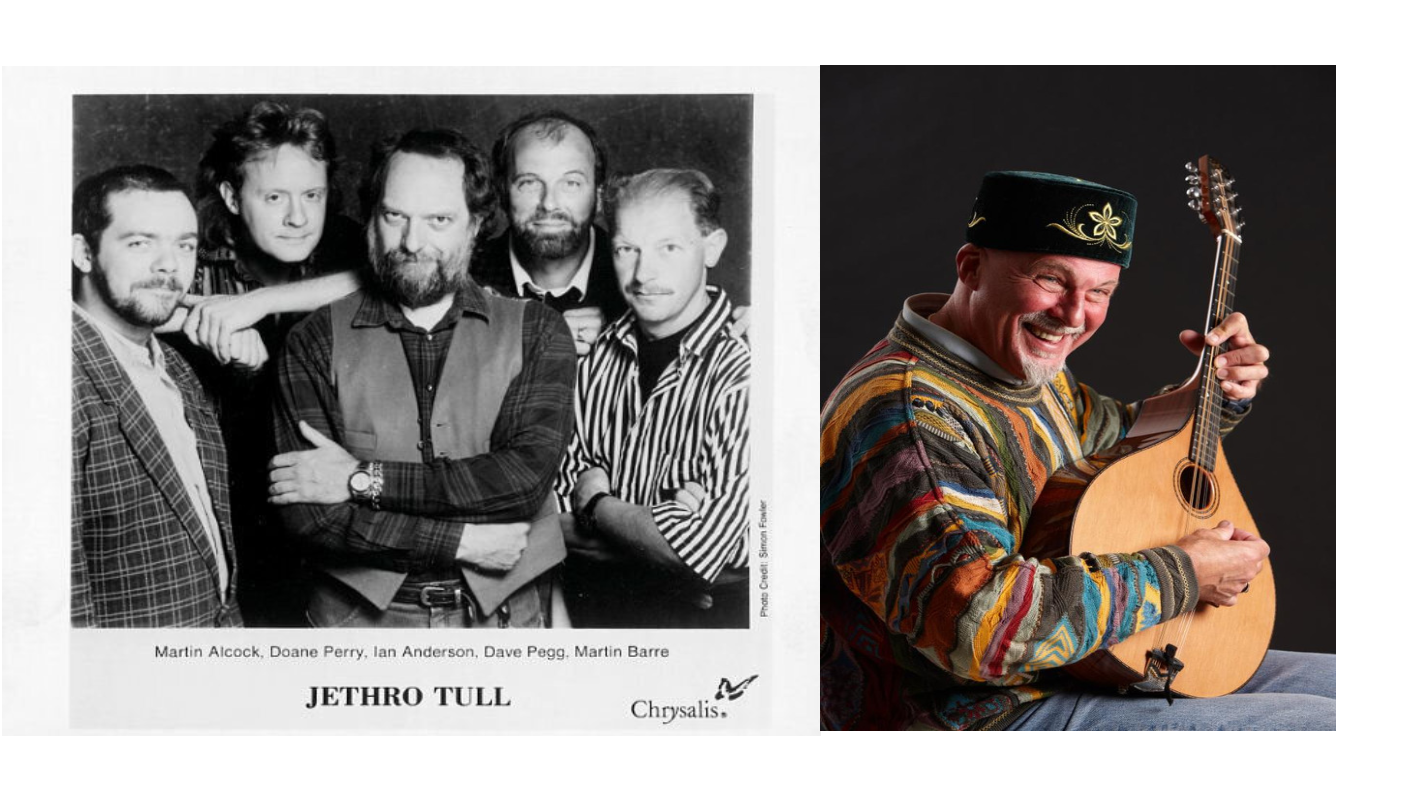

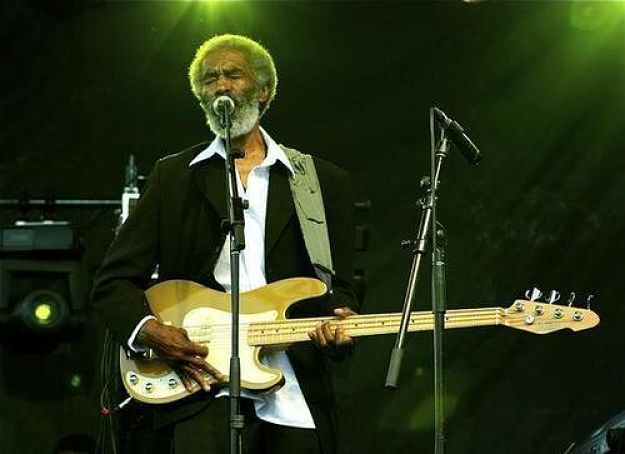

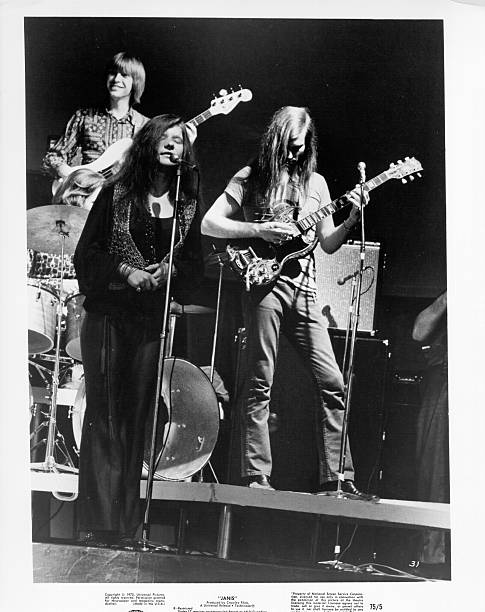
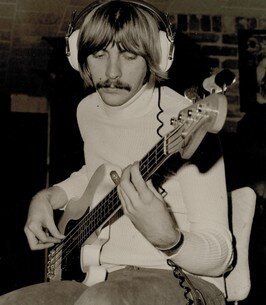
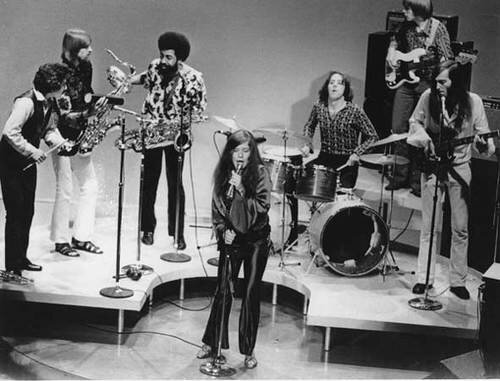


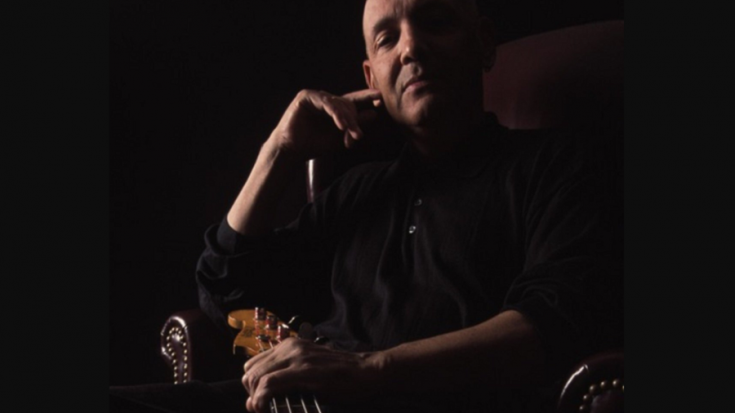



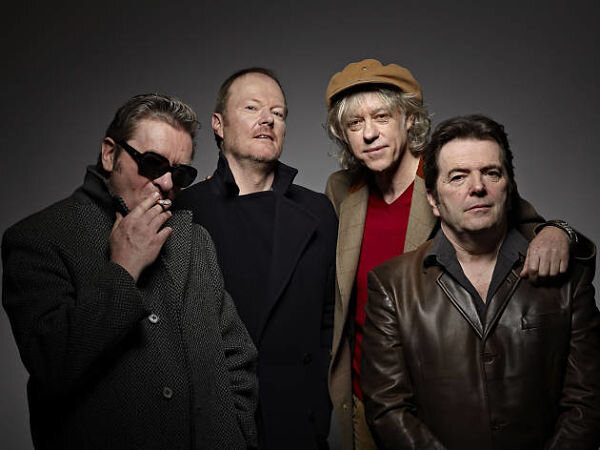
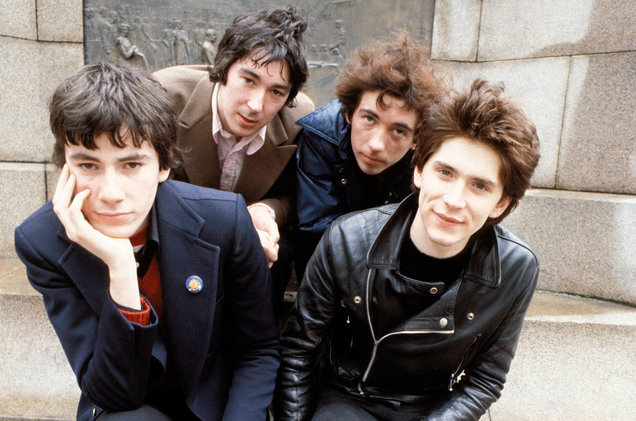

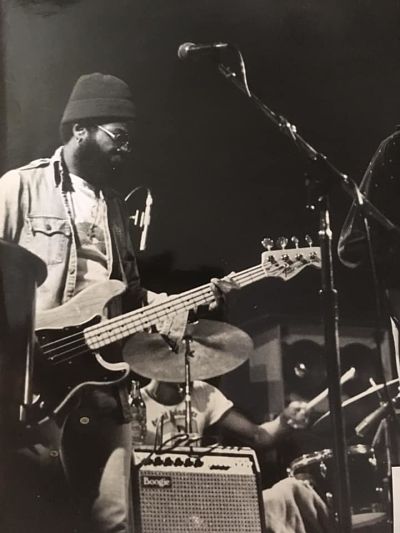
 yer
yer